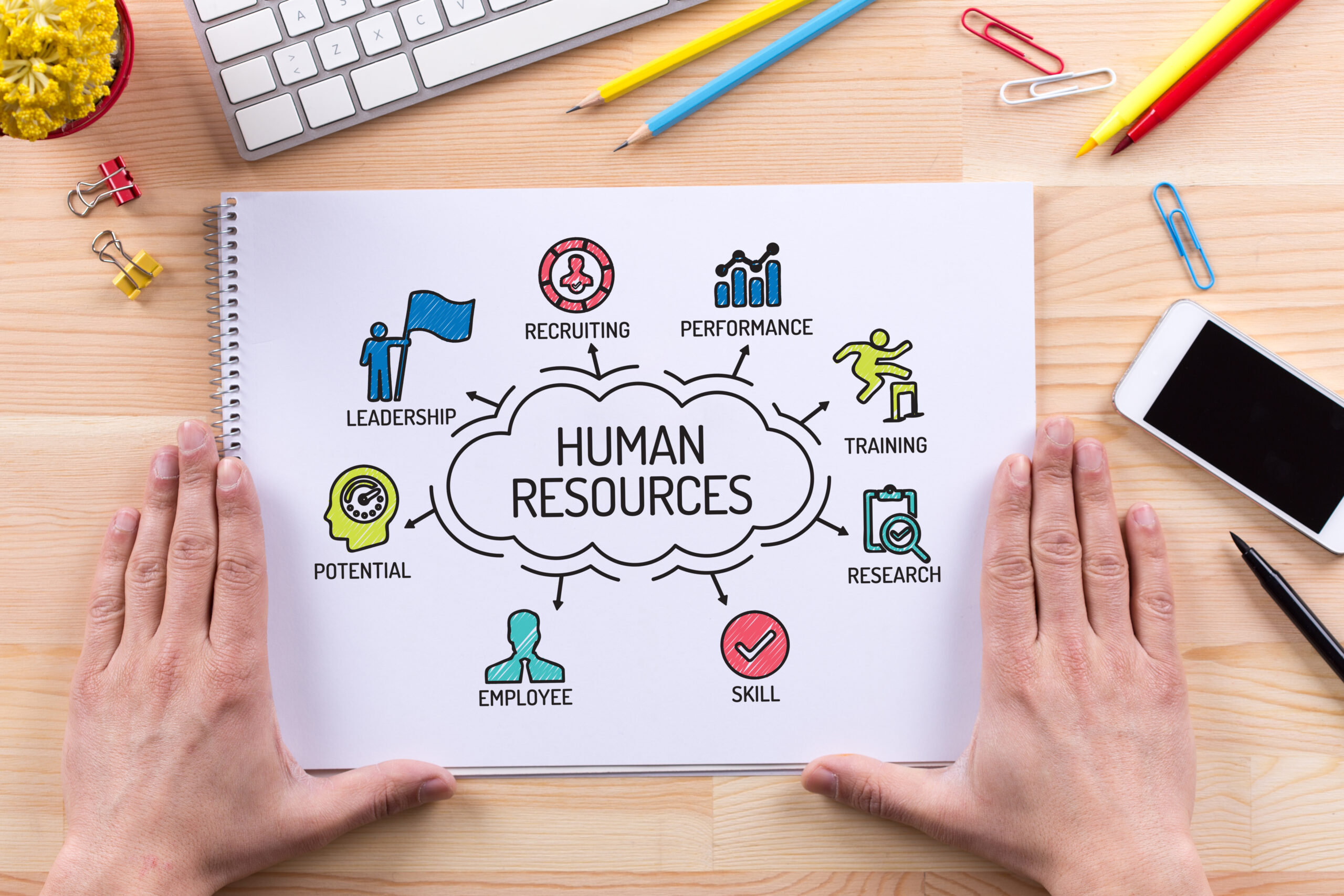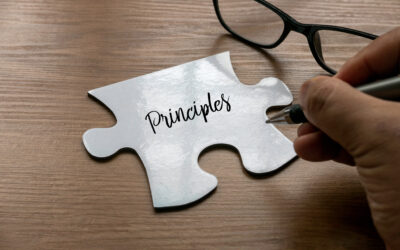When it comes to HR, there are a lot of different opinions about its purpose or value within organizations. Some think it’s just about hiring and firing employees. Sure, that is a critical function of HR. Moreover, human resources, or HR, is vital for any business. So, what exactly does HR do? And why is it important? This blog post will summarize the broad strokes of HR focusing on its core activities performed by human resource managers, including:
- Recruitment and selection
- Training and development
- Facilitating employer-employee relations
- Maintaining company culture and work environment
- Managing employee Pay and Benefits
- Creating a safe and healthy work environment
HR is responsible for the recruitment and selection of employees.
One of the primary functions of HR is recruitment and hiring. They are responsible for finding the best candidates for the job, conducting interviews, and deciding whom to hire. They also work with new employees after they are hired, helping them get oriented to the company and their new role.
HR leads and supports the training and development of new and existing employees.
HR plays a leadership role in the training and development of employees as they enter the company and throughout their employment. Employees need to learn new skills and grow their knowledge base. This helps them stay current in their field and better equipped to do their job. It also makes them more valuable, adaptable, and productive employees, which leads to better performance and higher job satisfaction.
Maintaining good employer-employee relations is essential for a successful business.
HR is responsible for ensuring that all employees are treated fairly and respectfully. One crucial example is through the creation and enforcement of harassments policies and compliance with legislated employment standards. They also work to resolve any disputes between employees and management. In cases where a workplace is unionized, HR plays a leadership role in negotiating, implementing, and enforcing collective agreements. Under collective agreements, HR is often responsible for handling disciplinary actions. This includes investigating misconduct allegations, deciding on an appropriate course of action, and enforcing punitive measures. In both union and non-union environments, corrective actions should be administered fairly and consistently, regardless of the employee’s position or tenure within the company.
They create a positive company culture that encourages employee productivity and satisfaction.
Maintaining and developing a company culture is a critical function of HR. Strong company culture helps employees feel connected to their company, work, and each other. It can also help attract new employees. They will want to be a part of a company with a mission, culture, and values that appeal to and align with their values. HR managers are responsible for creating, encouraging, and reinforcing the company culture. This includes setting and enforcing standards, developing programs and initiatives, and creating a positive and productive work environment.
HR manages payroll, benefits, and employee records.
HR is responsible for overseeing employee-benefits and ensuring that employees get the most out of their benefits packages. This includes health insurance, dental insurance, retirement plans, and paid vacation days. They also handle payroll, workers’ compensation, and other insurance-related tasks to ensure that employees have full access to these critical resources. A healthy and satisfied workforce leads to higher productivity, loyalty, and reduced employee turnover.
Ensuring that Health and Safety standards are in place
HR plays a crucial role in ensuring that legislated and policy-mandated health and safety standards are in place in the workplace. This includes creating, promoting, and enforcing policies and procedures and providing training on how to work in the company’s environment safely. HR also works with outside agencies to ensure that the workplace complies with all applicable laws and regulations.
Human Resources in a Nut Shell
A good HR department can benefit a company in several ways. First, they are responsible for finding and hiring the best employees. This helps to ensure that the company has the best talent, knowledge, and skills available and that employees are appropriately matched with the proper role. HR also leads and supports the training and development of employees. This helps employees stay current in their field and better equipped to do their job. It also makes them more valuable and productive employees, leading to better performance and higher satisfaction. Maintaining smooth employer-employee relations is essential for a successful business. HR is responsible for ensuring that all employees are treated fairly and respectfully. They also work to resolve any disputes between employees and management.
The Evolution of Human Resources
In modern workplaces, human resources are more critical than ever. With a constantly changing workforce and an increasing emphasis on employee satisfaction and productivity, HR has never had more responsibility or opportunity. HR managers are responsible for creating and maintaining positive company culture. This includes setting and enforcing standards, developing programs and initiatives, and creating a positive and productive work environment. Strong company culture can help employees feel connected to their work and each other. It can also help attract new employees as they will want to be a part of a company with the culture and values they align with. In addition to creating a positive company culture, HR is also responsible for overseeing employee-benefits and ensuring that employees are satisfied and do not feel the need to look elsewhere for employment.
The Future of Human Resources
The future of human resources is full of excitement and challenge. With the increasing emphasis on employee satisfaction and productivity, HR has never had more responsibility or opportunity. In the future, HR managers will continue to play a critical role in creating and maintaining a positive company culture and work environment. HR will continue to work closely with operations and other departments to ensure the HR capacities match company plans and activities. They will also be responsible for overseeing the evolution of work environments and issues of the day, whatever they may be. What new technology will change the nature of work? What new social media will influence employee behaviors? What global event will pressure HR to prepare employees for changing work environments?
Years ago, the human resources department was often referred to as “the personnel department.” It was primarily administrative and tasked with keeping records, ensuring companies complied with legislated labor standards, determining compensation and benefits, but did little else. As the needs of society, employers and employees continue to evolve and sophisticate, so will the role of Human Resources. Contemporary issues such as the great resignation, Covid19 responses, how to satisfy Generation Z as they enter the workforce, the concept of working from home versus working at an office, or the importance of retaining skilled technical employees increases, so will the demands placed on the human resource manager.
HR will continue to be the backbone of any company in modern companies. How well your employees are taken care of and what kind of environment they work in can make or break a business. That’s why we created timewellscheduled.com to help companies with their scheduling needs so that you don’t have to worry about it anymore! We offer time tracking software for all types of industries, employee scheduling software, and more at affordable prices – even if you’re on a tight budget!





